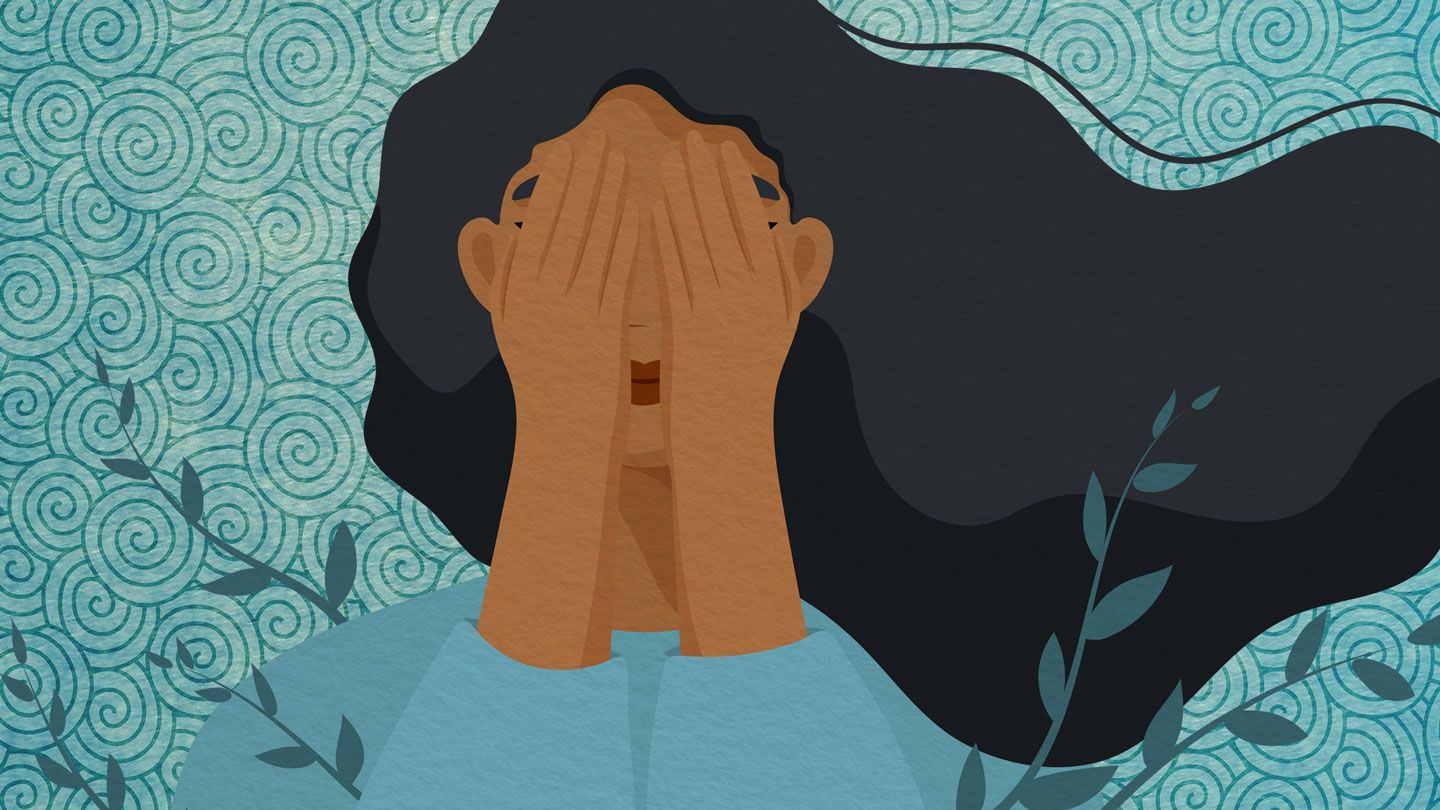LIFESTYLE
Don’t Ignore These Telltale Signs Of Depression


Many people miscategorize or broadly define depression as nothing more than a sad feeling experienced when something emotionally overwhelming happens. You might hear someone say they’re depressed after having a bad week or going through a breakup. Although these events can lead to periods of sadness, depression is more involved. Someone that’s been clinically diagnosed with depression experiences specific criteria of symptoms that are often ongoing.
So, how do you determine if your bout of emotional lows is depression? Continue reading to learn some telltale signs you shouldn’t ignore.
Hopelessness
Guilt, shame, and self-doubt are common when faced with a challenging experience. However, if you’re constantly blaming yourself or questioning the purpose of life in general, this hopelessness could mean that you’re dealing with depression.
Declining Or Lack Of Interest
Who doesn’t want to take a break from everything on occasion and do nothing? While taking a “mental health” day may be warranted, it could be a problem if you’re checking out on everything you used to enjoy. If you’re calling out from work, avoiding loved ones, or don’t find hobbies and events interesting anymore, it’s a sign you shouldn’t ignore.
Sleep Challenges
Depression can cause issues with sleep. While some people report feeling tired all the time, others find it challenging to get a good night’s rest. As getting too much or too little sleep is detrimental to your physical and emotional well-being, prolonged disruptions to your sleep patterns should be reported to your doctor immediately.
Unintentional Appetite And Weight Fluctuations
When you’re in a bad mood, it can change how you eat. You might indulge in unhealthy foods or choose not to eat at all. However, someone dealing with depression will experience these changes so often that it begins to impact their weight. If you’ve unexpectedly gained or lost weight, this could signify that you’re depressed.
Unprovoked Mood Swings
People and events can cause your emotions to go from one extreme to another. You could be happy one minute, hear your kids arguing, and suddenly become upset. However, if your feelings are all over the place and nothing has prompted a change in emotions, you should consider a mental wellness check.
Substance Abuse
Some people turn to drugs and alcohol to numb the pain and sadness they’re experiencing with depression. The substances provide a sense of euphoria that assists them in forgetting about their feelings and circumstances. Be that as it may, it’s only temporary and ultimately exacerbates depression symptoms. Coping with drugs and alcohol can also lead to dependency or addiction, another challenging health problem to overcome.
Thoughts Of Death or Self-Harm
The hopelessness and despair felt from depression cause some patients to have thoughts of and even attempt to kill themselves. You might have dreams of death, make arrangements for after you’re gone, or engage in activities that put your life at risk, like overdosing on medications or reckless driving. If you experience these symptoms, you must seek assistance immediately, as millions of people with depression end up comitting suicide.
Prolonged Symptoms
The troubling thing about depression is it can be hard to pinpoint without an expert opinion. One significant sign that you’re likely dealing with mental illness is prolonged symptoms. If you regularly experience one or more of the symptoms listed above for more than a year or two, you should reach out to a therapist. Whether you suffer from generalized clinical depression or high functioning depression, you want to get help before things get worse.
Depression is more than just feeling sad for a few days. It’s an emotionally debilitating condition that can alter everything from mood to everyday activities. Depression robs you of your joy, causes you to question yourself and your purpose in life, and can lead to adverse consequences like substance abuse and even death. If you or someone you know is experiencing any of the symptoms listed above, don’t ignore it. Speak to your primary care physician or a therapist about your issues and get the help you need today.

